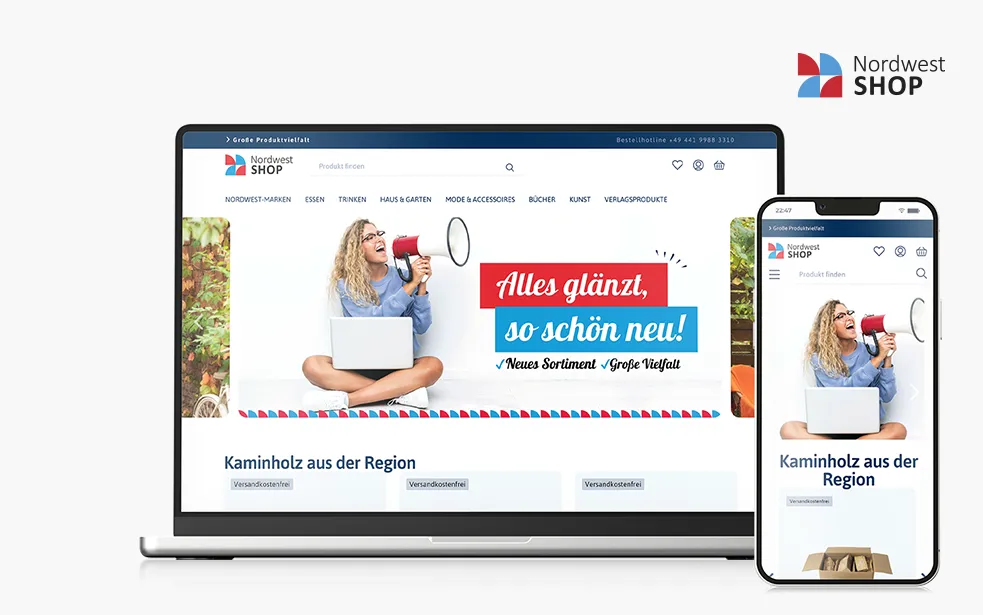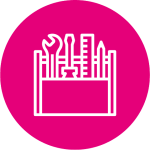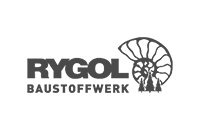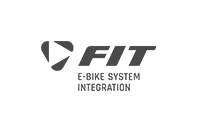
E-COMMERCE AGENTUR
RADICAL DIGITAL GROWTH MIT NETFORMIC
Wir verwandeln deine komplexen Anforderungen im E-Commerce für B2C, D2C, B2B und Marktplatz in smarte Lösungen - natürlich digital. Radikal digital. Und das seit über 20 Jahren!

UNSERE KUNDENPROJEKTE
SO GEHT RADICAL DIGITAL GROWTH
Vom Funken zum lodernden Feuer - wir zünden deine Ideen und heizen dein E-Commerce Projekt an. Ob B2C, D2C, B2B oder Marktplatz: Wir sorgen für nachhaltiges, digitales Wachstum mit Leidenschaft und Expertise.
UNSERE KUNDENPROJEKTE

UNSERE PARTNER
GEMEINSAM STARK FÜR DEIN DIGITALES WACHSTUM
Shopware, Pimcore, Spryker, ShopifyPlus, Emporix, Hubspot u.v.m. - für deinen Erfolg setzen wir auf erprobte führende Technologien und zertifizierte Mitarbeiter und das seit über 20 Jahren.
UNSERE TECHNOLOGIE-PARTNER
WIR SIND DEINE E-COMMERCE AGENTUR FÜR DIGITALES WACHSTUM
Wir sind deine Digitalagentur für alle E-Commerce Projekte. Für dich schaffen wir nachhaltige und digitale Ergebnisse, die dein Wachstum anheizen. Deine komplexen oder komplizierten Anforderungen verwandeln wir in intelligente und nutzergerechte Lösungen, die begeistern. Sei mit uns digital einen Schritt voraus und profitiere von unserem Know-How! Seit 20 Jahren digitalisieren und begleiten wir mittelständische Unternehmen und kennen die Business Anforderungen und deine Bedürfnisse so gut wie uns selbst.
EXPERIENCE DAY 2024
DAS DIGITALISIERUNGS-EVENT FÜR DEN MITTELSTAND
Dieses Jahr sind wir als Co-Hosts im Rahmen der DigitalNativeAlliance wieder am Start, um dir ein Event voller Innovation, Inspiration und erstklassigen Networking-Möglichkeiten zu bieten. Triff uns auf dem Experience Day!
Donnerstag, 10. Oktober 2024 in Stuttgart
JETZT TICKET SICHERN!
Donnerstag, 10. Oktober 2024 in Stuttgart

UNSERE KUNDENPROJEKTE

DIE DIGITALISIERUNG DES VERLAGSWESENS
NETFORMIC E-COMMERCE PROJEKT: NORDWEST SHOP
Von Print zu Power - Erfolgreiche Anbindung von 72 Händler an Spryker Marktplatz. Personalisierte Seiten, einfache Pflege, PIMCORE & MANGOPAY für unschlagbare Erfahrung.
ZUR CASE STUDY

EINZELHANDEL
MIT EINER STARKEN BRAND ONLINE & OFFLINE WACHSEN
Online Shop und Filialen perfekt vereint auf Shopify Plus: Content-Migration, Produktverlinkung, kundenzentrierte Features und einzigartige Filial-App.

TECHNISCHE PRODUKTE
GLOBALE POWER MIT SKALIERBARER B2B PLATTFORM
Internationale E-Commerce Transformation mit Shopware 6 und PIMCORE: Automatisierung der Sales Prozesse, optimiertes Produktdatenmanagement und nachhaltige Flexibilität.

WIR FREUEN UNS AUF DEN AUSTAUSCH
LERNE DEINE NEUE E-COMMERCE AGENTUR KENNEN
Wir sind technische, beratende und kreative Macher. Wir sind kundenzentriert und stellen deinen Erfolg in den Fokus. Dabei denken wir ganzheitlich, um einen nachhaltigen Business Value zu kreieren. Unser agiles Mindset verwandelt Veränderungen in klare Wettbewerbsvorteile für dein digitales Business.
JOBS
WERDE TEIL VON UNSERER DIGITALAGENTUR - NETFORMIC
Du hast Lust etwas zu verändern und möchtest Fortschritt schaffen? Und das alles auch noch von deinem Lieblingsort aus? Wir bei NETFORMIC lieben und leben eine Remote First Kultur. Digitalisierung gilt nicht nur für unsere Kunden, sondern auch für unser Team. Uns ist wichtig, dass du dich wohl fühlst und deine Work-Life-Balance für dich stimmt. Deshalb kannst du bei NETFORMIC arbeiten, von wo aus du möchtest.
HIER GEHTS ZU DEINER NEUEN STELLE!






JOBS
WERDE TEIL VON UNSERER DIGITALAGENTUR - NETFORMIC
Du hast Lust etwas zu verändern und möchtest Fortschritt schaffen? Und das alles auch noch von deinem Lieblingsort aus? Wir bei NETFORMIC lieben und leben eine Remote First Kultur. Digitalisierung gilt nicht nur für unsere Kunden, sondern auch für unser Team. Uns ist wichtig, dass du dich wohl fühlst und deine Work-Life-Balance für dich stimmt. Deshalb kannst du bei NETFORMIC arbeiten, von wo aus du möchtest.
HIER GEHTS ZU DEINER NEUEN STELLE!
NEUGIERIG?
ERHALTE EINBLICKE UND UPDATES
ABONNIERE UNSEREN KOSTENLOSEN NEWSLETTER!





















